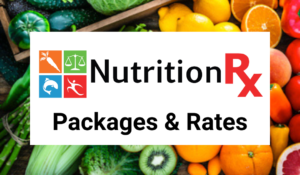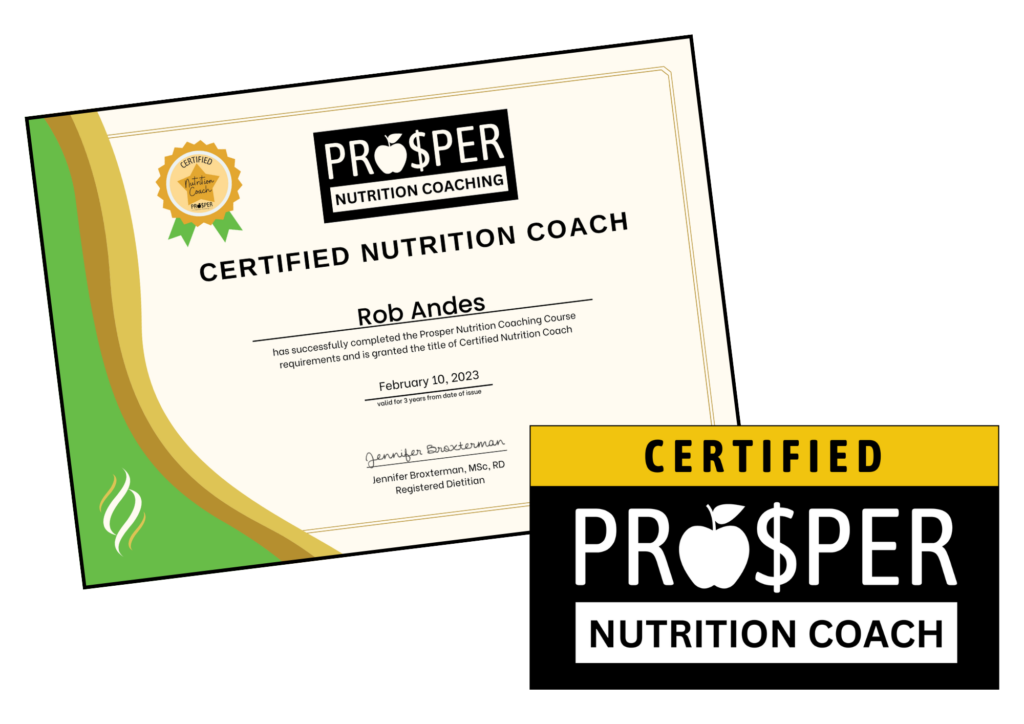

Television Interview with RogersTV: Proposed Junk Food Tax
On Wednesday October 25, 2012, Jennifer Broxterman, Registered Dietitian and CEO of NutritionRx sat down with reporter Frazer Snowden from FanshaweTV to discuss the proposed “Junk Food Tax” in Canada.
Original News Story: October 24, 2012
Canada.com
http://www.canada.com/health/Ontario+docs+launch+assault+obesity+urging+tobaccolike+warnings+food/7432966/story.html
Ontario docs launch assault on obesity, urging tobacco-like warnings on bad food
TORONTO – Ontario doctors have launched an assault on obesity, saying society should aggressively fight the epidemic using the tools that have made major inroads in the battle against smoking.
The campaign calls for graphic warnings — like the ones tobacco companies must print on cigarette packages — on high-calorie, low-nutritional value foods such as sugar-sweetened soft drinks, french fries and even fruit juices.
It also calls for higher taxes on sugary or fatty foods, lower taxes on healthy foods, and restrictions on sales of junk foods in sports venues and other recreational facilities used by children and teenagers.
The types of changes needed to fight obesity won’t come into effect overnight, Dr. Doug Weir, president of the Ontario Medical Association, admitted at a news conference announcing the campaign Tuesday.
But Weir said society needs to start addressing obesity or it will face epidemic levels of weight-induced illnesses, including Type 2 diabetes, heart disease and some cancers.
“If we don’t do something about this now, we’re going to have a tidal wave of the consequences of those conditions,” said Weir, a psychiatrist who said he deals with issues related to childhood obesity on a regular basis in his practice.
He estimated the extra health-care costs attributable to obesity are in the range of $2.2 billion to $2.5 billion a year in Ontario alone.
The OMA noted that a recent re-analysis of Canadian data showed that 31.5 per cent of children and teens — virtually one in three — are overweight or obese. That’s up from 14 to 18 per cent in the 1980s.
The OMA isn’t in a position to bring about any of the changes it is advocating, it can only help to focus government and public attention on the problem and its recommendations for addressing it. Weir said the organization will be raising the issue with the Ontario government.
For the campaign, it devised images of food products — a serving of french fries from a fast food restaurant, a pizza box, a juice pack, a carton of chocolate milk — branded with the types of eye catching images and warnings that have changed the face of cigarette packaging.
The juice box bore a graphic picture of a deep ulcer on the sole of a foot, a limb-threatening problem people with diabetes can face. The milk carton was printed with a warning declaring that a half litre of chocolate milk (the larger of the individual sizes sold) contains 360 calories and 12.5 teaspoons of sugar.
The association’s inclusion of juice raised some eyebrows, reflecting the fact that many people think juice is a healthy option for thirsty kids.
But Weir noted juice has as many — or more — calories as sugar-sweetened sodas, saying it has been transformed from a drink people consumed in small quantities in the morning to something children drink all day long.
Weight loss expert Dr. Yoni Freedhoff agreed, pointing out that expert groups advise that juice consumption should be limited to half a cup per day for young children and a cup a day for everyone else.
Grape juice, he noted, contains 10 teaspoons of sugar per glass.
“Whether the sugar was made by a plant or whether the sugar was made by a machine, it doesn’t change the fact it’s still sugar,” said Freedhoff, who is the medical director of Ottawa’s Bariatric Medical Institute.
“And beverages with 10 teaspoons of sugar shouldn’t be beverages that we consume on a regular basis.”
An association representing food and beverage manufacturers hit back swiftly, denouncing the linking of some foods with tobacco.
“Let’s be very clear — food is not tobacco,” Phyllis Tanaka, vice president for scientific and regulatory affairs, food and nutrition for Food and Consumer Products of Canada, said in a statement.
“Tobacco has no place in a healthy, balanced lifestyle. A tax on food and beverages is nothing but a tax grab that will hurt lower and middle income Ontarians the most.”
The organization noted that the government of Denmark introduced a tax on saturated fat last year, but is now moving to scrap it. The tax was blamed for the loss of jobs in the country’s food manufacturing sector.
The industry group said consumer education and more choice will lead to better results in the fight against obesity.
But Freedhoff said governments need to act, because consumers cannot do it on their own.
“We do not have an epidemic loss of willpower in our children. We do not. Children have not changed in 50 years,” he said.
“What has changed is the world in which children live. And what these sorts of interventions aim to address is that world.”
Wishing you health & happiness,
♡ Jen
Jennifer Broxterman, MSc, RD
Registered Dietitian
NutritionRx: happy, healthy living with our team of Registered Dietitians
Prosper Nutrition Coaching: a world-class nutrition coaching certification
+
+
+
Want to work with a NutritionRx Registered Dietitian?
Learn more here: Nutrition Packages & Rates
+
+
+
Want to become a Certified Nutrition Coach?
Learn more about our habits-based Prosper Nutrition Certification




